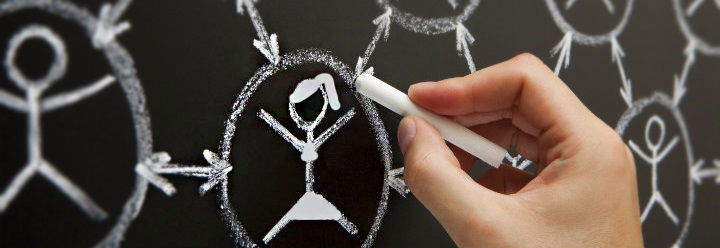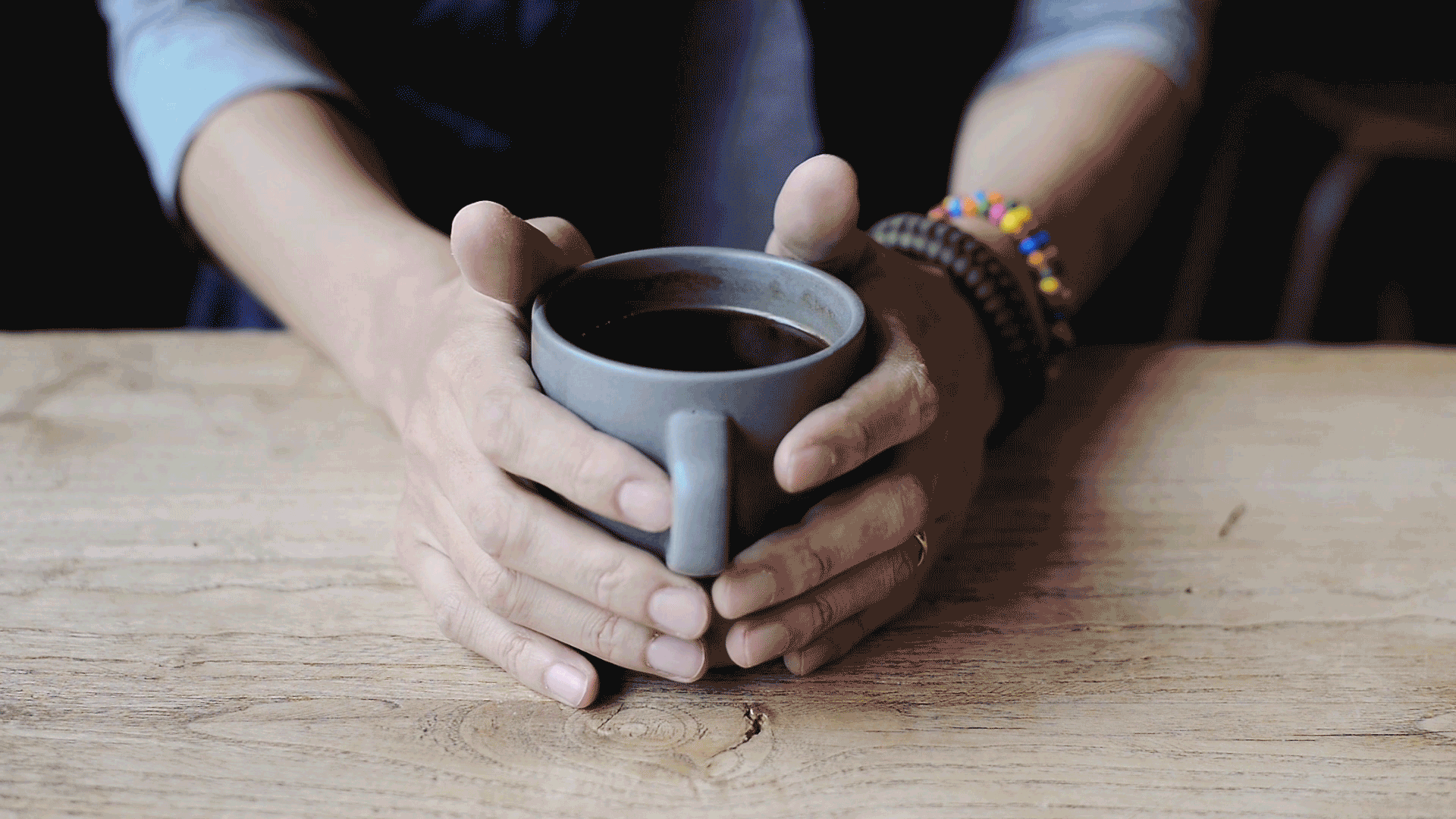What is Sociology?

Sociology comes from the term ‘socius’ meaning ‘to associate’ and ‘logia’ meaning ‘the study of’ or ‘the science of’. Sociology is the systematic study and understanding of how the world works. It is important to note that society never stays unchanged overtime. Some say it is growing, while others argue it is shrinking.
Sociologists study the behavior of social Groups and Institutions, what holds them together and focuses on the changes that are occurring throughout the world. They are continuously testing out factual theories and aim to find a solution to the breakdown of Social Solidarity. Understanding the immensely complex ways in which our personal lives reflect our social encounters is the basis of the science of Sociology.
Sociology has its own significant roots in societal changes, for example, The French Revolution and The Industrial Revolution, which occurred in the 18th Century, when agricultural societies became industrialized and urban. New inventions left their mark on society and permanently changed it. Sociologists, like all humans, have values, beliefs and even pre-conceived notions of what information they may procure during their research. But, as Peter Berger (1963) had said,
what distinguishes the sociologist from non-scientific researchers is that ‘(The) Sociologist tries to see what is there. He may have hopes or fears, it is thus, an act of pure perception...’ (Berger 1963)

An American Sociologist, by the name of C.Wright Mills coined the phrase 'The Sociological Imagination' and published the book 'The Sociological Imagination' (in 1959) where he argues that we should take the time to consult our own imagination and not just do research and base our work entirely on information procured through books.

Example: Habits; Drinking a cup of coffee every morning.
(A commonplace and uninteresting act but why do so many people do it?)
Here’s taking a simple matter and thinking Sociologically about it.
It isn’t just a relaxing beverage. It has symbolic value and is a part of our everyday lives. Most times, the rituals associated with drinking coffee is more important than consuming it. For a certain many people,it is the start of their day. Coffee may be followed by having it with others in the afternoon. (Basis of a group & not just an individual ritual/act.) Meaning, for instance,two people meet up for a cup of coffee are most likely more interested in chatting and engaging in conversation than simply just drinking coffee.
In most societies, food & beverage provides social interaction, offering a rich matter for sociological studies. Coffee contains caffeine, a drug which has a stimulating effect on the brain, many people consume it for the ‘extra lift’ it provides. People who work long hours in offices or maybe even late-night sociology studying, like me!
Important note on Coffee itself: Coffee is a habit-forming substance. However, coffee addicts are not considered ‘drug users’.
Why?: This is because like alcohol, It is a socially acceptable drug. In some countries, certain drugs are accepted and it is these differences from one society to another, that makes sociologists eager to know why.
General overlook on Topic: Coffee is mainly consumed in relatively rich countries but it is grown primarily in poor countries. It is one of the most valuable commodities in International trade.
Production & Transportation & Distribution equals to transactions between people thousands and thousands of miles away from the consumer. It is important for Sociologists to study such global connections. It is the cause of social, political and economic development.
Comments



